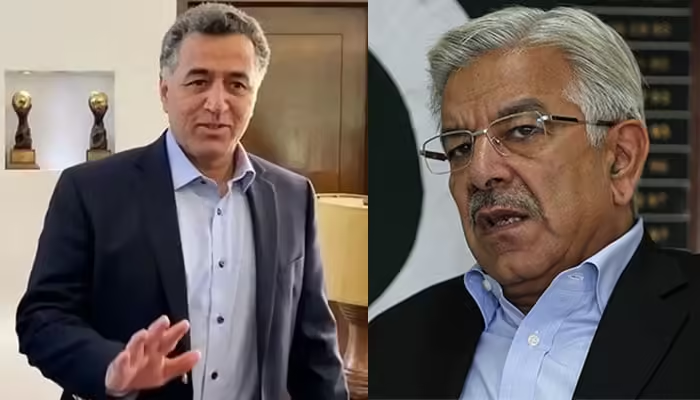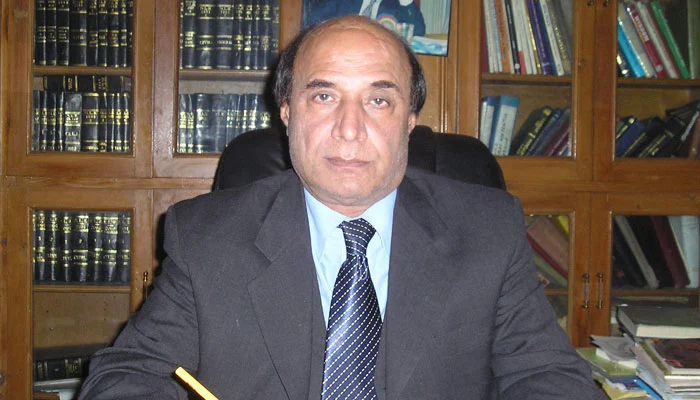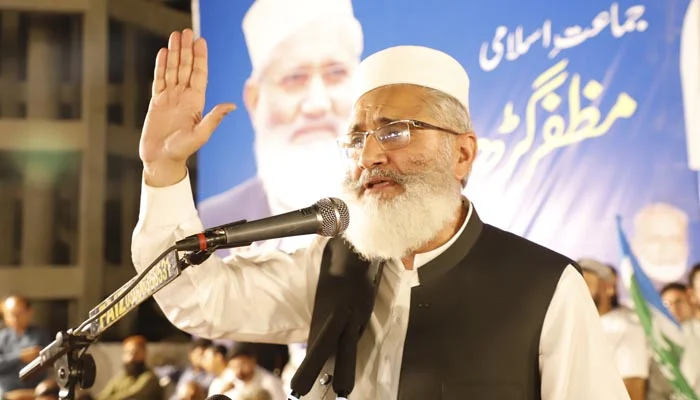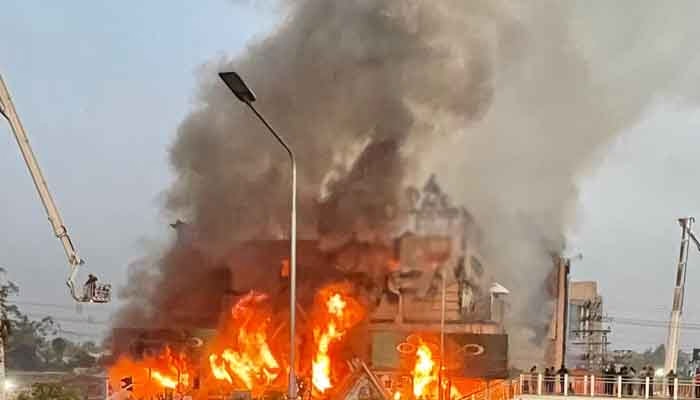In a striking revelation, Defense Minister Khawaja Asif has pointed fingers at General Faiz Hameed, alleging his involvement in the attacks on military installations that took place on May 9. In a recent television interview, Khawaja Asif stated that he has reached a “political conclusion” that General Faiz Hameed played a role in identifying and targeting these sensitive locations. These allegations add a new dimension to the ongoing debate about the role of military officials in political matters and the consequences of such involvement.
The Allegations Against General Faiz Hameed
Khawaja Asif’s accusations against General Faiz Hameed are serious and carry significant implications. According to the Defense Minister, General Faiz was actively involved in identifying and pinpointing military installations for attacks that occurred on May 9. These attacks shook the nation, raising concerns about the security of military facilities and the potential internal threats they face.
Khawaja Asif did not stop at just implicating General Faiz in the attacks but also highlighted his alleged ambitions to become the Army Chief. He claimed that during the period when the Army Chief’s appointment was being decided, General Faiz made concerted efforts to secure the position. Khawaja Asif suggested that General Faiz lobbied with relevant quarters, hoping to be appointed as the Army Chief, but his attempts were ultimately unsuccessful.
General Faiz Hameed’s Ambitions and Assurances
Khawaja Asif further elaborated on General Faiz Hameed’s actions, stating that he not only sought the position of Army Chief but also tried to justify his past conduct and offered assurances about his future role. This implies that General Faiz was willing to take steps to secure his position and influence within the military hierarchy, potentially compromising the integrity of the armed forces in the process.
The Defense Minister’s remarks suggest that General Faiz was driven by a desire for power and control, which ultimately led him to target military installations when he did not achieve his ambitions. Khawaja Asif hinted that General Faiz exploited the situation within the Pakistan Tehreek-e-Insaf (PTI), taking advantage of the party’s discontent to identify and attack military targets.
Implications for Civil-Military Relations
These allegations have far-reaching implications for civil-military relations in Pakistan. The involvement of a senior military officer in such activities, if proven true, would be a grave breach of the military’s apolitical stance and a violation of its duty to protect the nation’s security. The military’s involvement in politics has long been a contentious issue in Pakistan, and these allegations could further strain the delicate balance between civilian and military leadership.
Khawaja Asif’s remarks also raise questions about the extent to which political ambitions and personal rivalries within the military can influence national security. The idea that a high-ranking officer could use his position to orchestrate attacks on military installations to achieve political ends is deeply troubling and warrants thorough investigation.
Response and Repercussions
As of now, there has been no official response from General Faiz Hameed or the military establishment regarding these allegations. However, the seriousness of the claims necessitates a formal inquiry to ascertain the truth. The military leadership will likely be under pressure to address these allegations and take appropriate action if any wrongdoing is found.
The political ramifications of Khawaja Asif’s statements are also significant. The allegations against General Faiz Hameed could be used by opposition parties to further criticize the government’s handling of civil-military relations and its ability to maintain control over the armed forces. Additionally, the revelations may impact the PTI, especially if it is perceived that the party was used as a tool by a disgruntled military officer to further his personal agenda.
Khawaja Asif’s allegations against General Faiz Hameed have opened a new chapter in the ongoing debate about the role of the military in Pakistan’s political landscape. The Defense Minister’s claims that General Faiz was involved in identifying and targeting military installations on May 9, coupled with his ambitions to become Army Chief, raise serious concerns about the potential misuse of military power for personal gain. These allegations call for a thorough investigation to ensure that the integrity of Pakistan’s military remains intact and that those responsible for any wrongdoing are held accountable. The outcome of this situation will likely have lasting effects on civil-military relations and the broader political environment in Pakistan.



